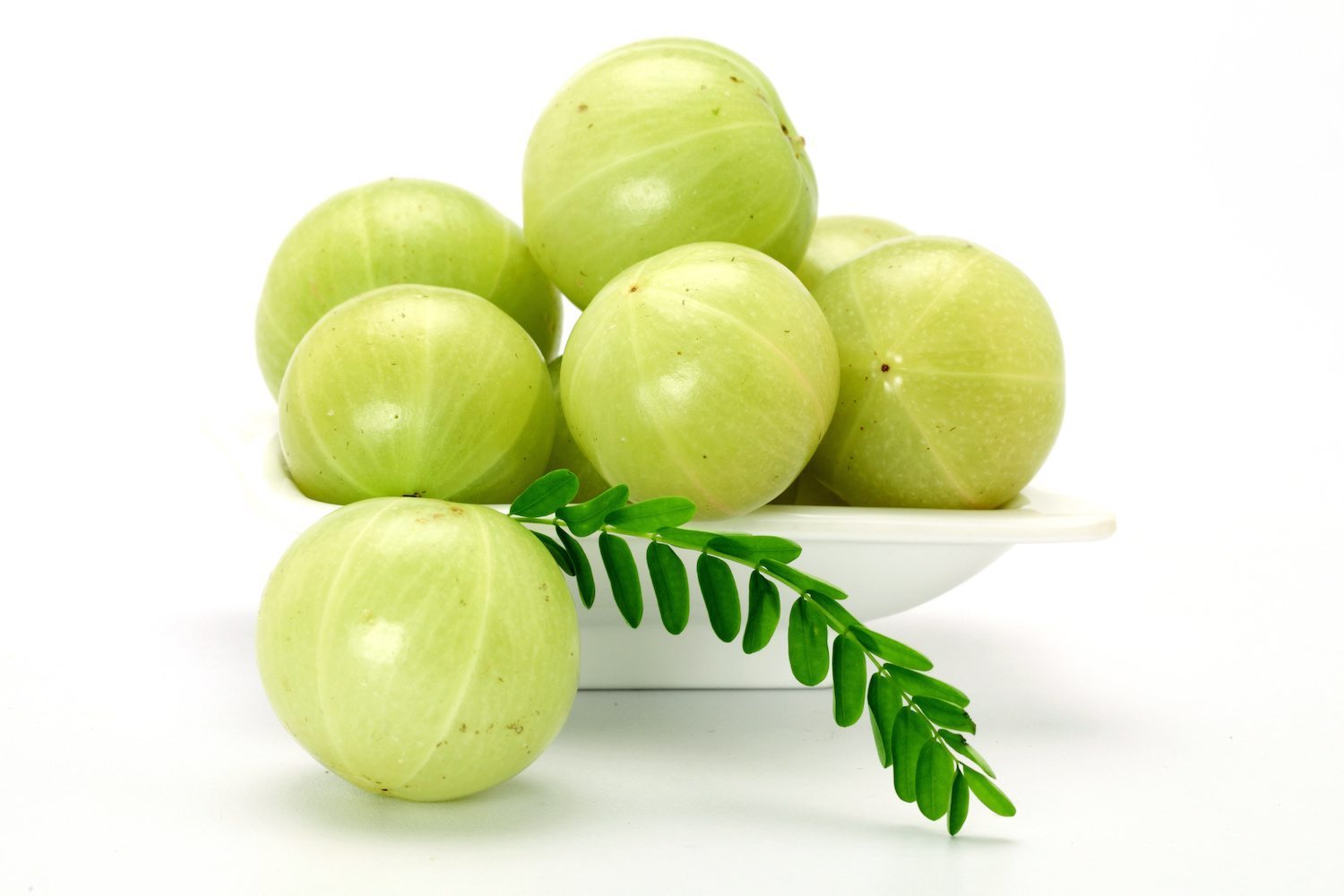The Power of Amla: Ayurveda’s Superfruit for Health and Vitality
In the realm of Ayurveda, certain natural ingredients have earned a timeless reputation for their incredible health benefits. Amla, also known as Indian Gooseberry (Emblica officinalis), is one such wonder fruit celebrated for its unmatched therapeutic properties. Rich in nutrients and steeped in Ayurvedic principles, Amla is more than just a fruit—it’s a natural healer for the body and mind.
What Makes Amla Special?
Amla is a powerhouse of nutrients. Packed with vitamin C, antioxidants, and essential minerals, this small green fruit offers immense health benefits. Its unique taste—a blend of sour, sweet, bitter, and astringent—reflects its versatility in balancing the body.
Amla in Ayurveda: Minor Principles
In Ayurveda, Amla is revered for its ability to balance the Tridoshas—Vata, Pitta, and Kapha—making it suitable for people of all constitutions (Prakriti). Here’s how it works:
• Vata: Its grounding and nourishing qualities calm the nervous system.
• Pitta: Its cooling properties soothe heat-related conditions like acidity or inflammation.
• Kapha: Its astringent taste helps manage excess mucus and heaviness.
Key Health Benefits of Amla:
1. Boosts Immunity:
o Amla is one of the richest sources of vitamin C, which strengthens the immune system and helps the body fight infections.
o The antioxidants in Amla protect cells from oxidative stress, promoting overall health.
2. Enhances Digestion:
o Amla stimulates the digestive fire (Agni) without aggravating Pitta, improving nutrient absorption and alleviating issues like bloating or indigestion.
o Its fiber content supports healthy bowel movements.
3. Promotes Hair and Skin Health:
o Traditionally used in hair oils and skincare, Amla nourishes hair roots, prevents premature graying, and adds luster.
o Its high antioxidant levels promote clear, youthful skin by fighting free radicals.
4. Supports Heart Health:
o Regular consumption of Amla helps maintain healthy cholesterol levels and improves heart function by reducing oxidative damage.
5. Balances Blood Sugar Levels:
o Amla’s ability to regulate metabolism makes it beneficial for individuals with diabetes or blood sugar imbalances.
6. Acts as a Natural Detoxifier:
o Amla cleanses the liver and eliminates toxins, supporting the body's natural detox pathways.
How to Use Amla in Daily Life:
Incorporating Amla into your routine is easy and effective. Here are a few ways to enjoy its benefits:
• Raw Amla: Eat fresh Amla as a snack or add it to salads for a tangy kick.
• Amla Juice: Mix Amla juice with water and honey for a refreshing drink.
• Amla Powder: Use dried Amla powder in smoothies or teas.
• Amla Oil: Massage your scalp with Amla oil to strengthen hair and improve scalp health.
• Chyawanprash: This traditional Ayurvedic tonic contains Amla as a primary ingredient and supports immunity and vitality.
Ayurveda’s Perspective on Amla’s Properties:
• Rasa (Taste): Sour and astringent, with sweet, bitter, and pungent undertones.
• Virya (Potency): Cooling, which helps soothe Pitta-related issues.
• Vipaka (Post-Digestive Effect): Sweet, making it gentle on digestion.
• Karma (Action): Rejuvenates tissues, boosts immunity (Rasayana), and promotes longevity.
Amla: Nature’s Gift to You
Whether you’re looking to enhance your immunity, improve digestion, or rejuvenate your skin and hair, Amla has something for everyone. Rooted in Ayurveda yet validated by modern science, this superfruit deserves a place in your daily routine.
Start small—a spoonful of Amla powder, a glass of Amla juice, or a dollop of Chyawanprash—and let this humble fruit bring harmony and vitality to your life.










 Know your Dosha
Know your Dosha